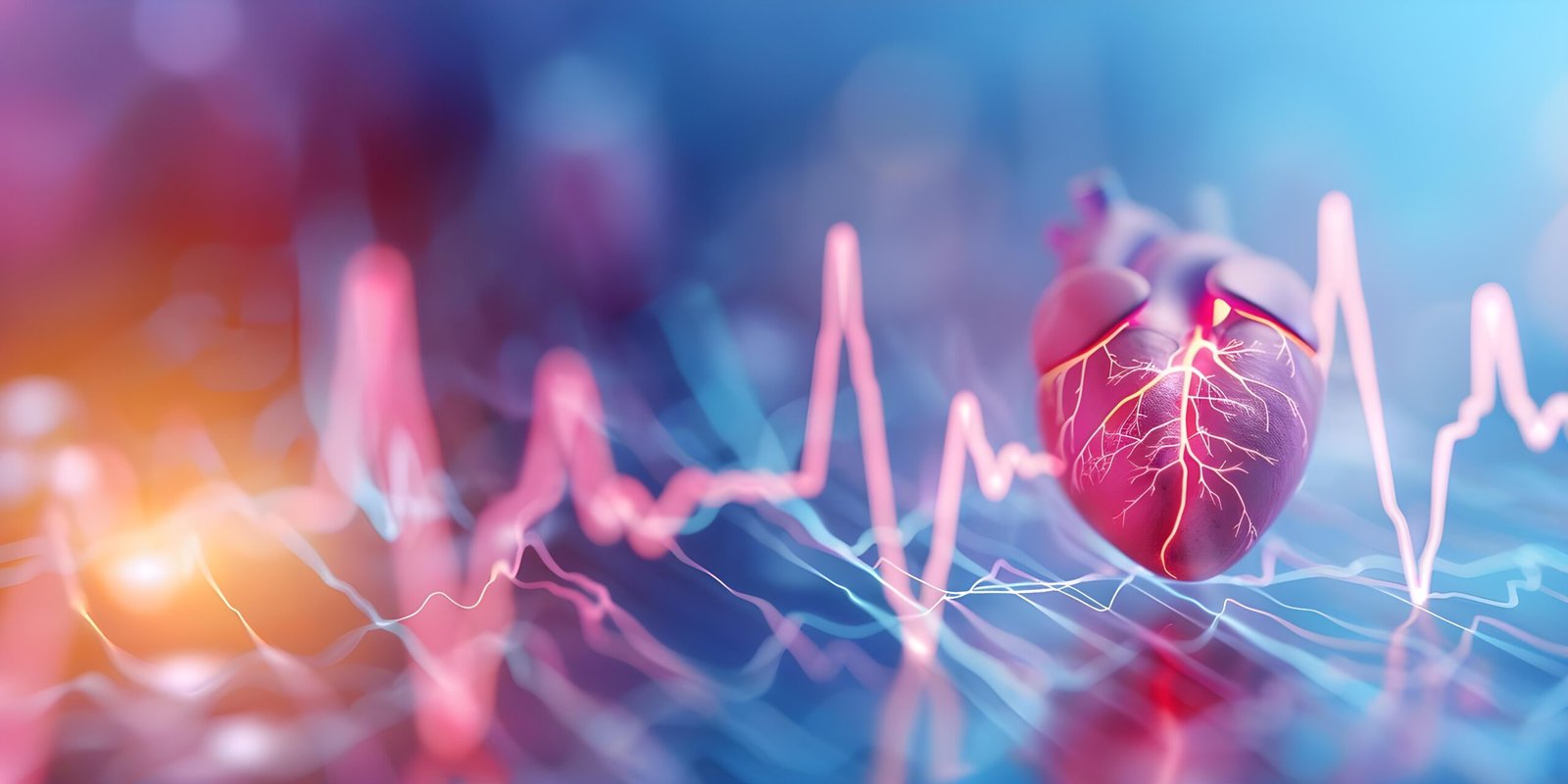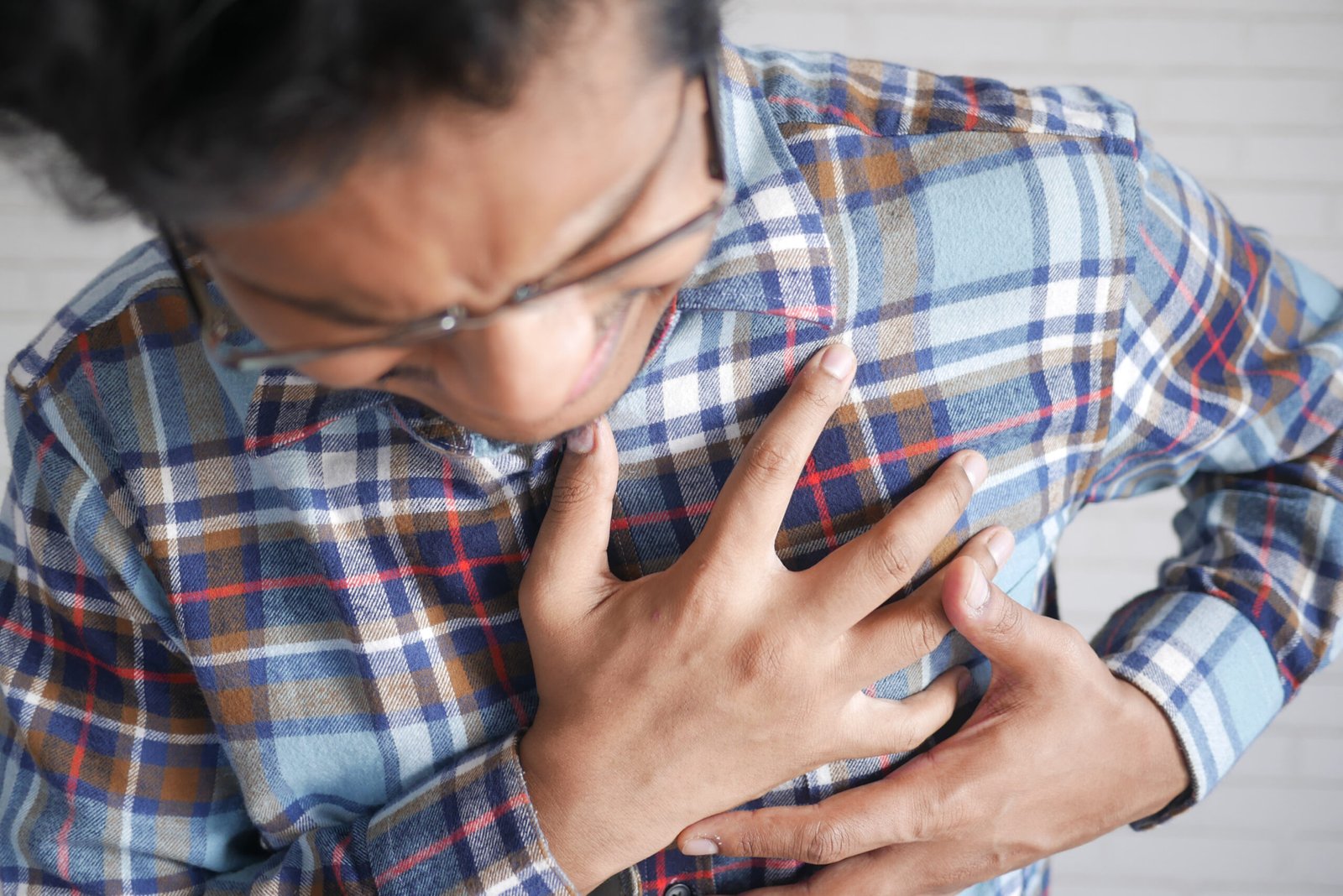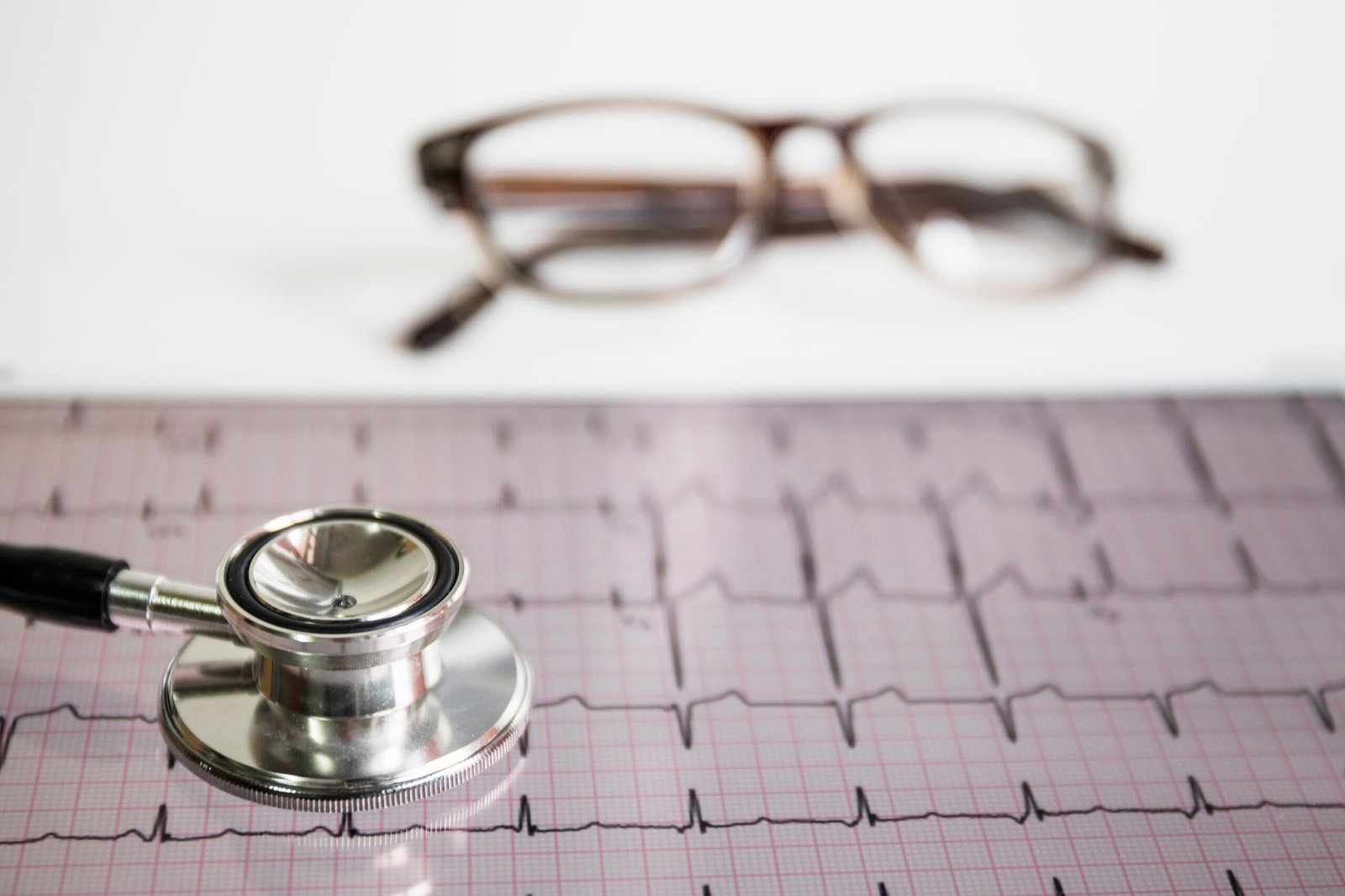
Let’s talk about a topic that is crucial for heart health – heart rhythms. Irregular rhythms are called arrhythmias. If the word “arrhythmia” sounds alarming, don’t worry! We at Northern Heart Hospital are here to break it down into bite-sized pieces. Whether you are curious, concerned, or just want to be informed, keep reading to learn all about what arrhythmias are, how to spot them, and what can be done to treat and prevent them.
What Are Abnormal Heart Rhythms?
Your heart has a natural rhythm, driven by electrical impulses that ensure it beats in a steady, regular pattern. An abnormal heart rhythm, or arrhythmia, occurs when these electrical signals don’t function as they should, leading to a heartbeat that is too fast, too slow, or irregular.
There are various types of arrhythmias, and understanding them can help you identify if something feels off.
- Tachycardia: This occurs when your heart beats too fast – over 100 beats per minute. It can originate from different areas of the heart.
- Bradycardia: This is when your heart beats too slowly – fewer than 60 beats per minute. It may be normal for athletes, but for others, it could indicate an underlying issue.
- Atrial Fibrillation: This is one of the most common types of arrhythmias, which begins with your heart’s upper chambers (atria) quivering instead of beating effectively. This can lead to blood clots, stroke, and other heart-related complications.
- Ventricular Fibrillation: A life-threatening condition which begins with your heart’s lower chambers (ventricles) quivering instead of pumping blood. This condition requires immediate medical intervention.
Premature Contractions: These are extra heartbeats that occur before the next regular heartbeat. They can happen in the atria or ventricles and are usually harmless but can sometimes lead to more serious arrhythmias.
Symptoms of Arrhythmias
Arrhythmias can sometimes be hard to detect, as they might not cause any noticeable symptoms. However, when symptoms do occur, they can vary widely depending on the type and severity of the arrhythmia.

Common symptoms include:
- Palpitations: A fluttering sensation in your chest or feeling like your heart is skipping beats.
- Dizziness or Lightheadedness: You might feel faint or unsteady.
- Shortness of Breath: Difficulty catching your breath, even when resting.
- Fatigue: Feeling unusually tired, especially after physical activity.
- Chest Pain or Discomfort: A sense of pressure or pain in your chest, which can indicate a more serious arrhythmia.
- Fainting: Sudden loss of consciousness can occur in severe cases.
If you experience any of these symptoms, give us a visit at Northern Heart Hospital, as it is important to consult with a healthcare professional. These could be signs of an arrhythmia or other heart-related conditions.
Causes of Arrhythmias
Arrhythmias can be caused by various factors, some of which might surprise you. While certain causes are linked to heart disease, others may be related to lifestyle or even genetic factors.
- Heart Disease: Conditions such as coronary artery disease, heart failure, or valve disorders can disrupt the heart’s electrical system.
- High Blood Pressure: Over time, high blood pressure can cause your heart to work harder, leading to structural changes that can trigger arrhythmias.
- Electrolyte Imbalances: Essential minerals like potassium, sodium, calcium, and magnesium help regulate your heart’s electrical activity. An imbalance can lead to arrhythmias.
- Stress: Emotional or physical stress can increase your heart rate and lead to arrhythmias.
- Medications: Certain medications, including those for asthma, colds, and heart conditions, can sometimes cause arrhythmias as a side effect.
- Caffeine, Alcohol, and Tobacco: These stimulants can trigger arrhythmias, especially when consumed in large quantities.
- Sleep Apnoea: This condition, where breathing repeatedly stops and starts during sleep, has been linked to arrhythmias.
- Genetics: Some people are born with arrhythmias due to inherited conditions affecting the heart’s structure or electrical pathways.
Diagnosing Arrhythmias
If you suspect you are experiencing arrhythmia, the first step is to visit your doctor, who will evaluate your symptoms and medical history. At Northern Heart Hospital, diagnosing arrhythmias typically involves a combination of tests, and advancements in cardiac investigations have made this process more precise than ever.

- Electrocardiogram (ECG): This is the most common test for detecting arrhythmias. It records the electrical activity of your heart and can reveal abnormal rhythms.
- Holter Monitor: A portable ECG device worn for 24 to 48 hours, allowing continuous monitoring of your heart’s activity during your daily routine.
- Event Monitor: Similar to a Holter monitor but used for longer periods. You activate it when you feel symptoms, making it useful for sporadic arrhythmias.
- Echocardiogram: This ultrasound test provides images of your heart’s structure and function. It helps identify underlying issues that might be causing arrhythmias.
- Stress Test: If your symptoms occur during physical activity, a stress test (usually done on a treadmill) can help trigger and diagnose the arrhythmia.
Treatment for Arrhythmias
The treatment for arrhythmias depends on the type, severity, and underlying cause. Fortunately, a range of options is available, from lifestyle changes to medical procedures.
- Lifestyle Changes: Sometimes, simple changes can make a big difference. Reducing stress, avoiding caffeine, and quitting smoking can help manage arrhythmias.
- Medications: Various drugs can be used to control heart rate, restore normal rhythm, or prevent blood clots.
- Pacemaker: This small device is implanted under the skin to regulate the heartbeat. It’s often used for bradycardia. Some special pacemakers have the added benefit of increasing the pump function of weak hearts.
- Implantable Cardioverter Defibrillator (ICD): For life-threatening arrhythmias, an ICD can deliver shocks to restore a normal rhythm.
- Electrophysiology (EP) Study + Ablation: This is a minimally invasive procedure that may be needed to inactivate the source of the arrhythmia.
Preventing Arrhythmias
While some arrhythmias cannot be prevented, especially those with genetic causes, many can be managed or even avoided by adopting a heart-healthy lifestyle.
- Eat a Heart-Healthy Diet: Focus on fruits, vegetables, whole grains, lean proteins, and healthy fats. Limit salt, sugar, and unhealthy fats.
- Exercise Regularly: Regular physical activity helps maintain a healthy weight and reduces the risk of heart disease, which can lead to arrhythmias.
- Manage Stress: Practise relaxation techniques like yoga, meditation, or deep breathing to reduce stress, which can trigger arrhythmias.
- Avoid Stimulants: Limit caffeine, alcohol, and tobacco, which can interfere with your heart’s normal rhythm.
- Monitor Your Health: Keep tabs on your blood pressure, cholesterol levels, and blood sugar. Regular check-ups with your doctor can catch potential problems early.
- Get Enough Sleep: Poor sleep can affect your heart health, so aim for at least 7 hours of quality sleep each night.
Conclusion
Arrhythmias might sound scary, but with the right knowledge, you can take control of your heart health. At Northern Heart Hospital, we are committed to providing the best care for every beat of your heart. Whether you are experiencing symptoms or simply want to stay informed, remember that prevention and early detection are key. If you have any concerns, do not hesitate to reach out to our team of experts, we are here to help you keep your heart in rhythm!
References:
- British Heart Foundation (BHF)
- NHS
- Mayo Clinic
- American Heart Association (AHA)
- Johns Hopkins Medicine
